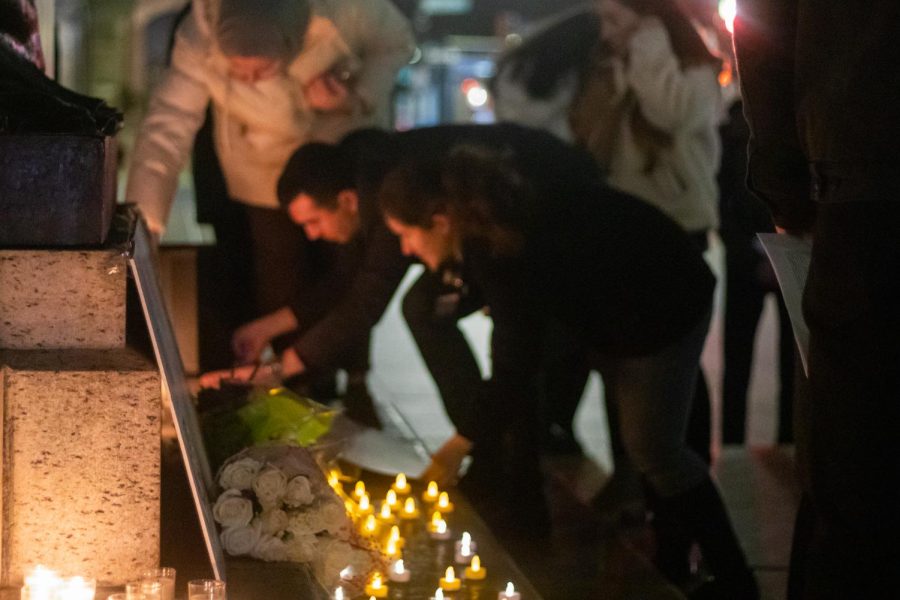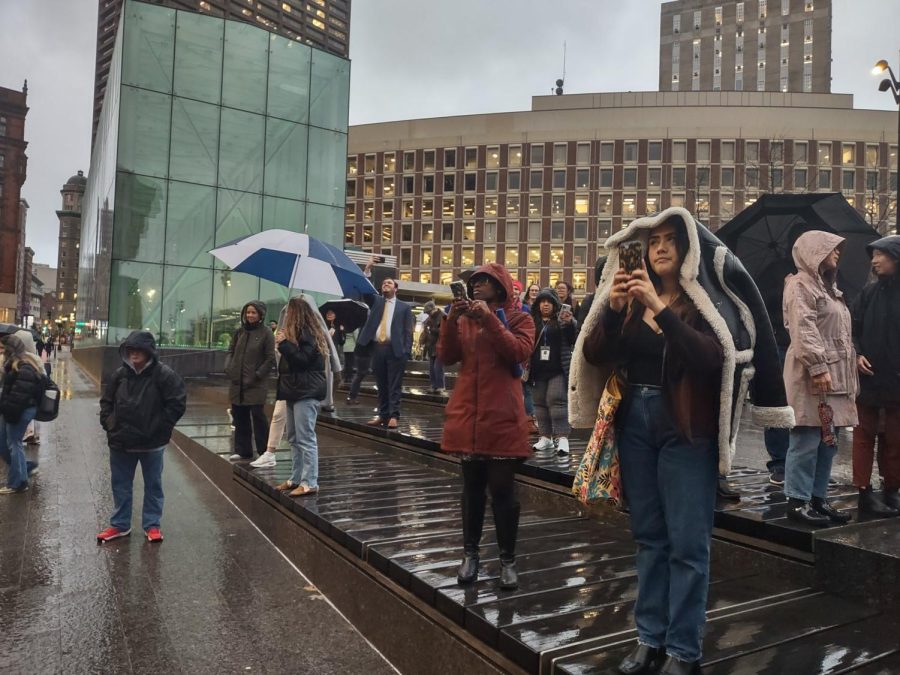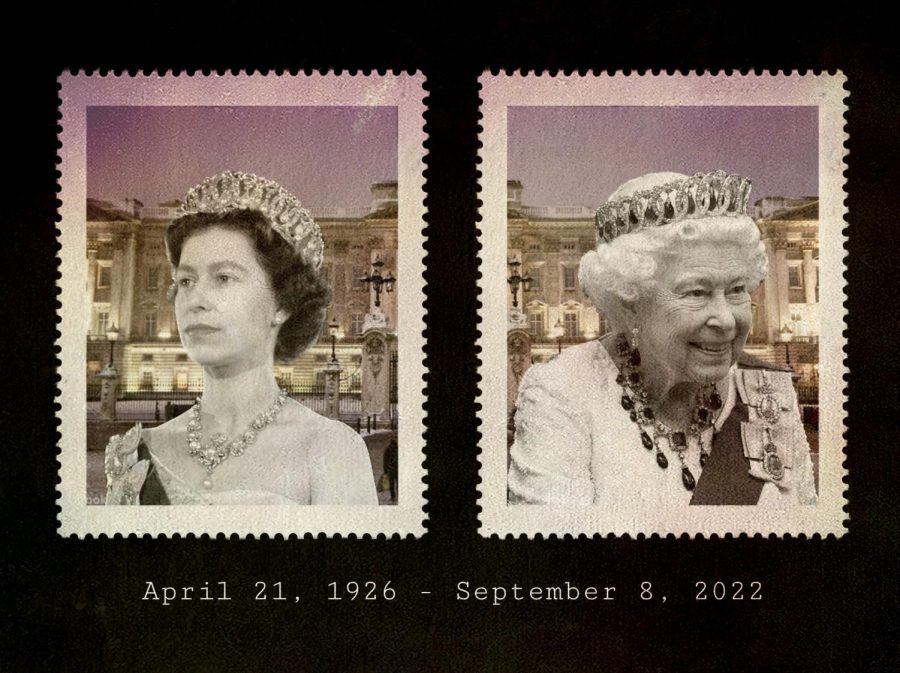By Patrick Holmes
Consent. It should be assumed as one of the basic rights of a human being but more often than not, consent is glanced over and forgotten. Or worse, ignored.
“For me consent means that I can say yes or no to something I have understood,” said by Elise in a video article by Estelle Doyle and Kat Macaulay, taken from BBC. Elise was a victim of a doctor who did not ask for consent before doing a pap smear in France.
I cannot speak for women and I cannot put words into their mouths, but if a doctor touched me in a way that I was not okay with, I would feel violated. Consent is something that needs to be taken seriously, has to be asked for, and responded to with a direct yes. Whether it be sexual consent or any other type of consent including a doctor touching your body.
Elise and her husband decided to do some research on how medical students learned and Karim, Elise’s husband, tweeted “How do you get consent from a pelvic examination from a patient who is under anesthesia?” This tweet later went viral and started a nationwide debate.
The law on consent in France, presented in the video article, clearly states “No medical act or treatment can be given without the free and informed consent of the patient and the consent can be withdrawn at any moment.” Now, does that spark any confusion? It seems very clear and concise to me.
As someone who actively fights for my rights, I can sympathize with Elise and the many others who have had their rights violated. Consent is a larger deal than most people may believe, even though it seems to be such a simple prospect. However, it seems to be universally ignored still. This article from the BBC is a prime example that the U.S. isn’t the only country that is having to teach consent.
Ann Charlotte Husson, a woman interviewed in the BBC video article, started a blog after hearing about the consent issues in the medicine field in France. “I started collecting testimonies from people who experienced that lack of consent’” said Husson, who collected these stories to show that the lack of consent was a “systematic problem”.
These issues in France mostly focus around gynecologists who have not asked for consent before performing unwanted intrusion upon the patient . For “research purposes” it is not a valid excuse to violate the right of the patient.
“Medical officials told us that in most cases consent is sought,” expressed by the video article. This is not a very professional response and something needs to change because consent should be mandatory in all cases and always be a determining factor of what the doctor does to the patient. We are supposed to be able to trust our doctors, not fear them for what they might do to us.
Consent is something that needs to be administered in all cases. Consent is what makes people feel safe. If one does not feel safe, is a doctor doing their job in the correctly?












